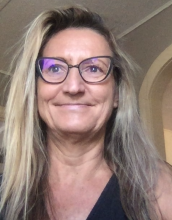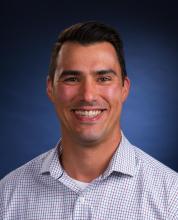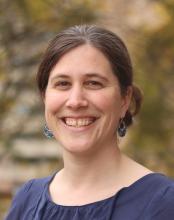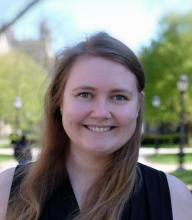Affinity Groups
Announcements
| Title | Date |
|---|---|
| Ookami Webinar | 02/14/24 |
| Open Call: Minisymposia for PASC24 | 10/05/23 |
Upcoming Events & Trainings
Topics from Ask.CI
Knowledge Base Resources
| Title | Category | Tags | Skill Level |
|---|---|---|---|
| Awesome Jupyter Widgets (for building interactive scientific workflows or science gateway tools) | Learning | aicomputer-graphicsplotting +33 more tags | Beginner, Intermediate, Advanced |
| CHARMM Links to Install, Run, and Troubleshoot MD Simulations | Learning | charmmmolecular-dynamicsnamd +1 more tags | Beginner, Intermediate |
| DeepChem | Tool | pytorchtensorflowcomputational-chemistry | Beginner, Intermediate, Advanced |
Engagements
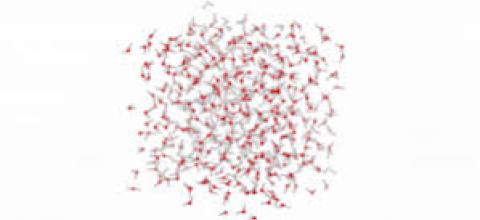
Re-engineering Lilly’s KisunlaTM into a novel antibody targeting IL13RA2 against GBM using AI-driven macromolecular modeling
- Summary and objectives of the proposed experiments:
- An initial research-based Ab (scFv47, discovered by our collaborator Dr. Balyasnikova) model, modeling Ab-Ag (IL13RA2 against GBM) protein complex, and identifying the binding sites (epitopes) using ROSETTA and AlphaFold2 multimer tools.
- Graft the CDRs of scFv (single-chain variable fragment) of antibody or Bispecific T cell engagers (BTEs) onto the template Ab, the framework of Lilly's Kisunla™ Ab drug.
- Modify, improve, and optimize the overall or full antibody protein structures using AI-driven macromolecule modeling (AlphaFold3).
- Explore single nucleotide polymorphism (SNP), pathogenic genetic variants and N-glycosylation of IL13RA2 (target) protein domain interacting with the Ab candidates among the patient population using ROSETTA software packages.

Exploring Small Metal Doped Magnesium Hydride Clusters for Hydrogen Storage Materials
Solid metal hydrides are an attractive candidates for hydrogen storage materials. Magnesium has the benefit of being inexpensive, abundant, and non-toxic. However, the application of magnesium hydrides is limited by the hydrogen sorption kinetics. Doping magnesium hydrides with transition metal atoms improves this downfall, but much is still unknown about the process or the best choice of dopant type and concentration.
In this position, the student will study magnesium hydride clusters doped with early transition metals (e.g., Ti and V) as model systems for real world hydrogen storage materials. Specifically, we will search each cluster's potential energy surface for local and global minima and explore the relationship of cluster size and dopant concentration on different properties. The results from this investigation will then be compared with related cluster systems.
The student will begin by performing a literature search for this system, which will allow the student to pick an appropriate level of theory to conduct this investigation. This level will be chosen by performing calculations on the MgM, MgH, and MH (M = Ti and V) diatomic species (and select other sizes based on the results of the literature search) and comparing the predictions with experimentally determined spectroscopic data (e.g., bond length, stretching frequency, etc.). The student will then perform theoretical chemistry calculations using the Gaussian 16 and NBO 7 programs on the EXPANSE cluster housed at the San Diego Supercomputing Center (SDSC) through ACCESS allocation CHE-130094. First, this student will generate candidate structures for each cluster size and composition using two global optimization procedures. One program utilizes the artificial bee colony algorithm, whereas the second basin hoping program is written and compiled in-house using Fortran code. Additional structures will be generated by hand from our prior knowledge. All candidate structures will then be further optimized by the student at the appropriate level determined at the start of the semester. Higher level (e.g., double hybrid density functional theory) calculations will also be performed as further confirmation of the predicted results. Various results will be visualized with the Avogadro, Gabedit, and Gaussview programs on local machines.
